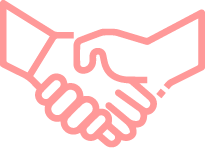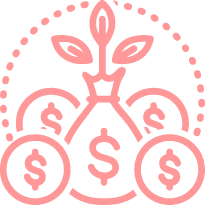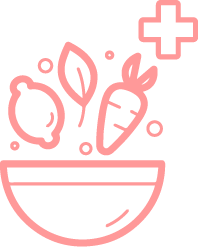Who They Are:
Women in Africa face multifaceted challenges, including economic disparity, lack of access to education and healthcare, gender-based violence, and limited opportunities for social and political participation. The target group of women support includes marginalized women from various backgrounds, including rural and urban areas, different ethnicities, ages, and socioeconomic statuses.
Where They Are:
These women are found across the African continent, residing in rural villages, urban slums, refugee camps, and informal settlements. They often live in communities with inadequate infrastructure and limited access to essential services, exacerbating their vulnerability to poverty and inequality.

How we reach and support them
How we offer them support


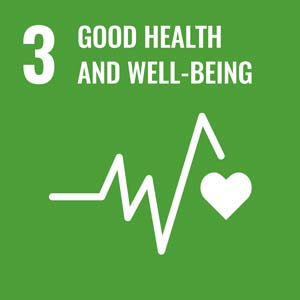

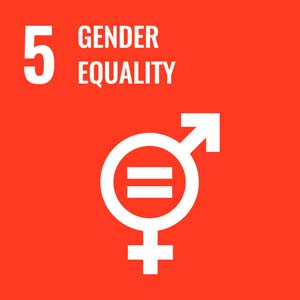

Short-Term: Immediate assistance such as emergency relief, healthcare services, and legal aid to address urgent needs and crises faced by women.
Long-Term: Sustainable interventions including education, economic empowerment, and advocacy for policy changes to create lasting impact and empower women to lead dignified and fulfilling lives.
Through its comprehensive approach to women's support, AWCIA aims to empower women across Africa, enabling them to break free from the cycle of poverty and discrimination, and achieve their full potential in society.


